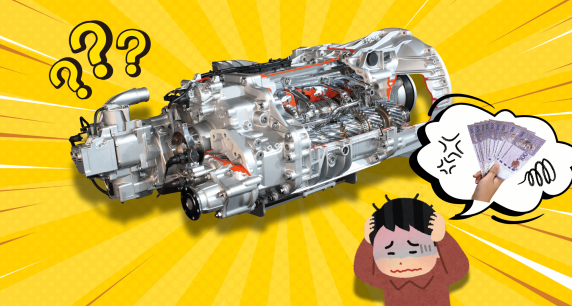What Is a Car Fuel Pump?
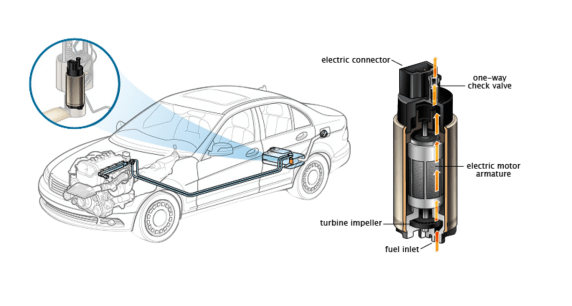
A car fuel pump is an essential component of a vehicle’s fuel system. It delivers fuel from the fuel tank to the engine and ensures that the right amount of fuel, at the correct pressure, reaches the engine for combustion. Without a functional fuel pump, the engine wouldn’t receive the fuel it needs to run efficiently, leading to poor performance or engine failure.
The fuel pump performs several functions:
- Fuel Delivery: It pumps fuel from the tank to the engine through the fuel lines.
- Pressure Regulation: The pump ensures the fuel is delivered at the proper pressure for optimal engine performance.
- Supporting Fuel Injection: Modern engines use fuel injectors that rely on a specific fuel pressure to function properly. The fuel pump helps maintain this pressure.
- Prevents Vapor Lock: It prevents vapor lock (a condition where fuel vaporizes before it reaches the engine), ensuring a continuous supply of fuel.
Types of Car Fuel Pumps
The fuel pump is divided into 2 types. The following is a more detailed explanation of the types based on how their components work.
-
Mechanical Fuel Pump:
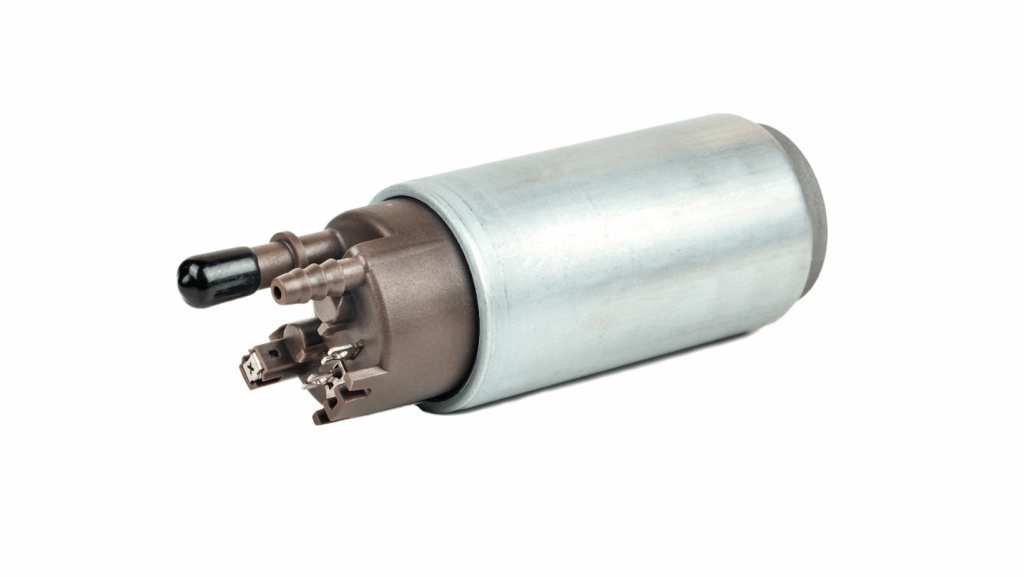
The first type of fuel pump is the mechanical fuel pump. In diesel engines, it is powered by the engine speed through a connection to the belt.
-
- Commonly found in older, carburetor-equipped vehicles.
- Operated by the engine’s camshaft or crankshaft.
-
It works by drawing fuel from the tank and pushing it toward the carburetor through a pumping action.
 2. Electric Fuel Pump:
2. Electric Fuel Pump:
The second type of fuel pump is the electric fuel pump, which operates using an electric motor powered by electricity. This type is further divided into two subtypes: one that features a platinum diaphragm and another more common model typically found in cars with fuel injection systems.
-
- Used in most modern vehicles with fuel injection systems.
- Mounted inside or near the fuel tank.
- Provides more consistent and higher fuel pressure than mechanical pumps.
- Controlled by the engine control unit (ECU), which monitors fuel needs and adjusts the pump’s performance accordingly.
As you may know, car components can wear out, causing the vehicle to malfunction. For optimal performance, any damaged parts, including the fuel pump, must be repaired or replaced. To address these issues, it’s important to recognize the signs of a failing fuel pump. Here are some common symptoms of a problematic or damaged fuel pump.
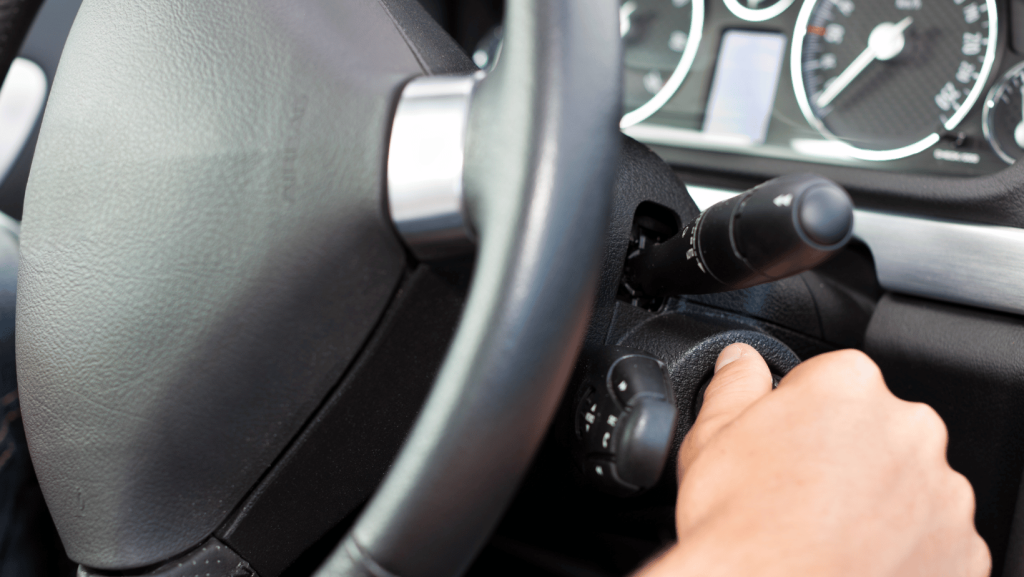
1. Car is Hard to Start
A common sign of fuel pump problems is when your car struggles to start. Typically, when you turn the ignition, you should hear a humming sound from the fuel tank, indicating the fuel pump is working properly. If the sound is faint or absent, it’s a clear sign that the fuel pump may be malfunctioning, which can make it difficult for the car to start or cause it to stall altogether.
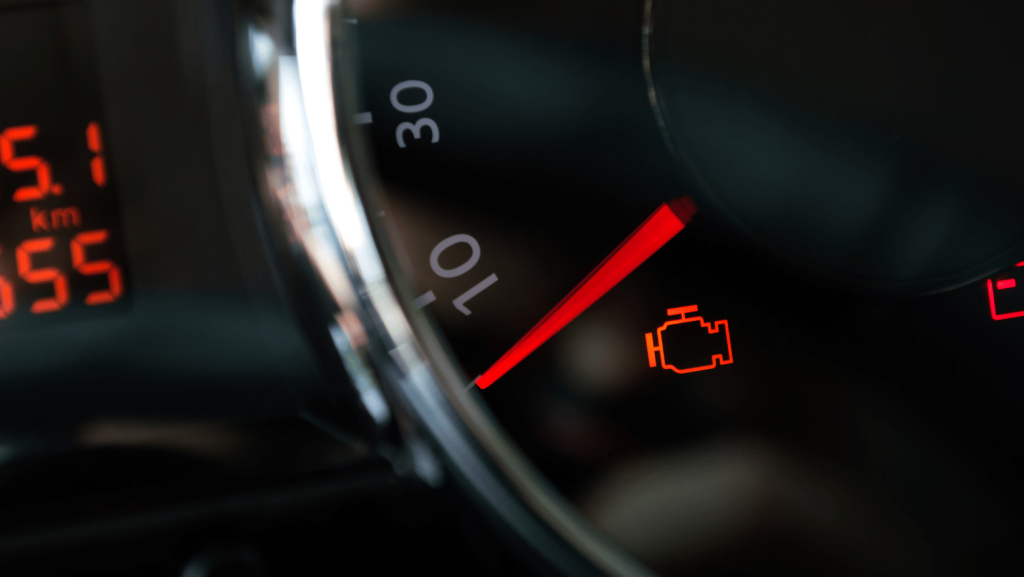
2. Flashing Injection Indicator Light
If the injection indicator light flashes or stays on continuously, it could be a sign of a fuel pump issue. When diagnosing fuel pump problems, be sure to check this indicator. You’ll find this light on the dashboard, typically near the steering wheel.
Regular maintenance of vehicle components is essential, including the fuel pump. This involves cleaning the fuel tank at least once a year and cleaning the pump every six months. Additionally, the injector nozzle and filter should be cleaned every 15,000 km.
While it’s easy enough to clean these parts yourself—check out our guide on how to clean the fuel filter—if you’re not comfortable doing it, you can always take your car to a repair shop for professional service.

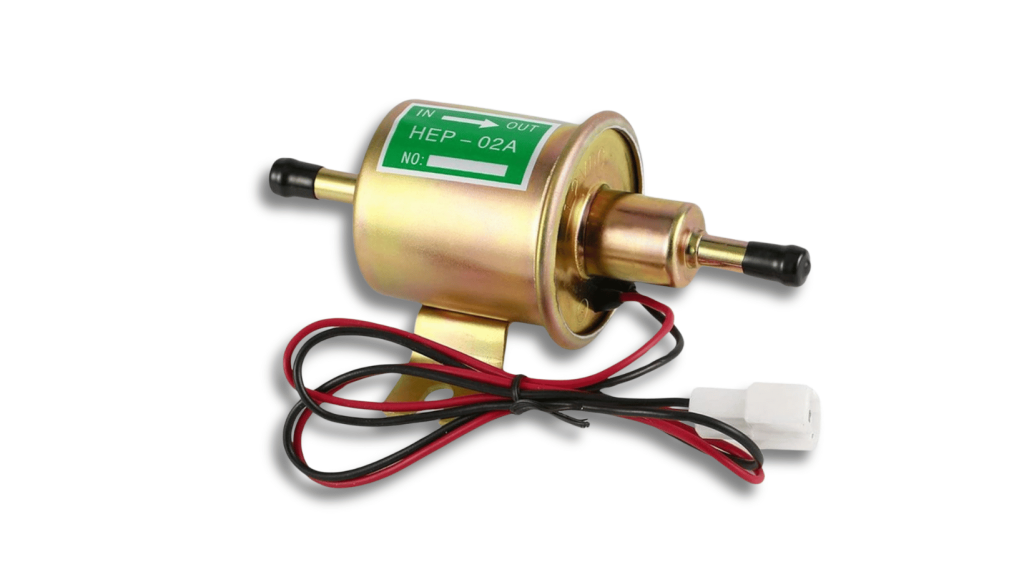 2. Electric Fuel Pump:
2. Electric Fuel Pump: